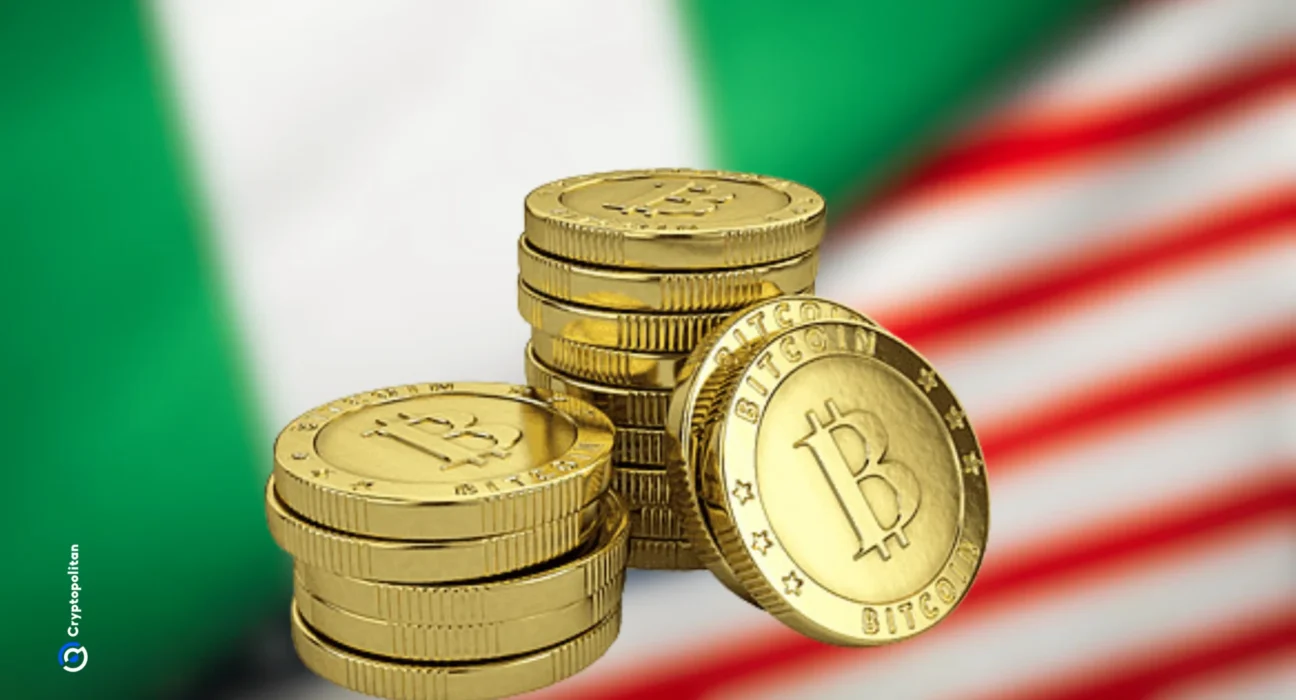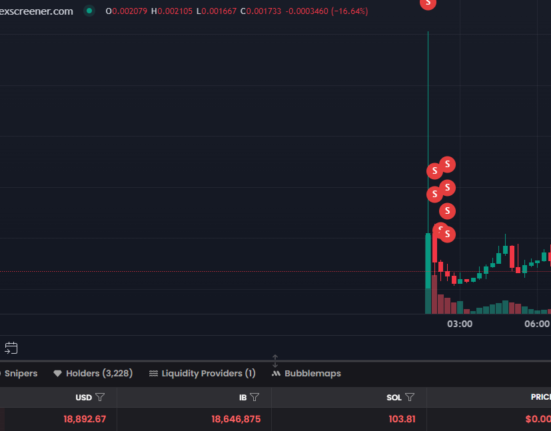[ad_1]


The United States government and its Nigerian counterpart have formed a Bilateral Liaison Group to tackle illicit financing and crypto-related crimes across the two countries. In an announcement on the official website of the US Embassy and Consulate in Nigeria, the US described the group as an affirmation of its partnership with Nigeria.
According to the announcement, the countries will collaborate, sharing information that will assist their law enforcement in tracking, monitoring, and prosecuting those responsible for these crimes and dismantling their networks. They will also develop strategies for combating crypto-related cybercrimes and illegal financing.
The announcement reads:
“The U.S. Department of Justice is continuing its coordination with the Government of Nigeria to build its capacity to pursue cybercrime investigations and prosecutions.”
The partnership, which comes a few hours after Nigeria released Binance executive Tigran Gambryam, is expected to improve the capacity of Nigerian law enforcement by providing them with the training and technology needed to better monitor and investigate crypto-related crimes.
Given Nigeria’s stance on cryptocurrencies, including its clampdown on several crypto exchanges a few months ago, this partnership aligns with the government’s aims to regulate the sector it once blamed for weakening its currency.
Nigeria’s crypto ecosystem grows despite government stance
Despite the seemingly anti-crypto stance of the Nigerian government, crypto adoption has grown significantly in the country. According to Chainanalysis, Nigeria ranks second in crypto adoption globally, behind only India. Another report shows the country has the highest stablecoin affinity among the five emerging economies.
This adoption is due to several factors, including the large young population and widespread access to the Internet. However, the economic condition in the country is the primary factor driving crypto adoption. With the country battling rising inflation and depreciation of its Naira, several people have embraced cryptocurrencies and stablecoins for investments and savings.
However, the country appears to be easing its anti-crypto approach with recent actions such as adopting a National Blockchain Policy. In August, the Nigeria Securities and Exchange Commission (SEC) also registered crypto exchanges and issued licenses to some local crypto exchanges, including Quidax.
This shows that authorities now appear to be focused on regulating the industry and bringing it within the legal framework, enabling them to monitor transactions and prevent illicit activities. There are reports that the government plans to impose taxes on crypto transactions.
US gets involved as crypto crime rises
Meanwhile, the partnership highlights how the US is taking a more active role in the efforts to clamp down on crypto crimes globally. This is not completely surprising, given the rise in crypto-related crimes within the country and globally.
An FBI report recently showed that 87% of all investment fraud in 2023 was connected to crypto, leading to $3.96 billion in losses. Overall, crypto-related fraud was more than $5.6 billion, a 45% increase compared to 2022, accounting for around 10% of financial fraud.
Perhaps the best example of the rise in crypto crime is hacking a crypto wallet belonging to the US government earlier Friday. $20.7 million was stolen from it, and some of the funds were sent to centralized exchanges. However, the hackers have returned $19.3 million of the stolen funds for unknown reasons.
Interestingly, crypto-related hacks have declined in 2024, per reports from blockchain security company Certik. Still, users have lost billions to hacks, phishing attacks, frauds, ransomware attacks, rug pulls, and crypto scams this year alone. In some cases, the perpetrators of the crimes are state-sponsored actors from countries sanctioned by the US, and they launder stolen crypto funds to evade the sanctions.
[ad_2]
Source link








